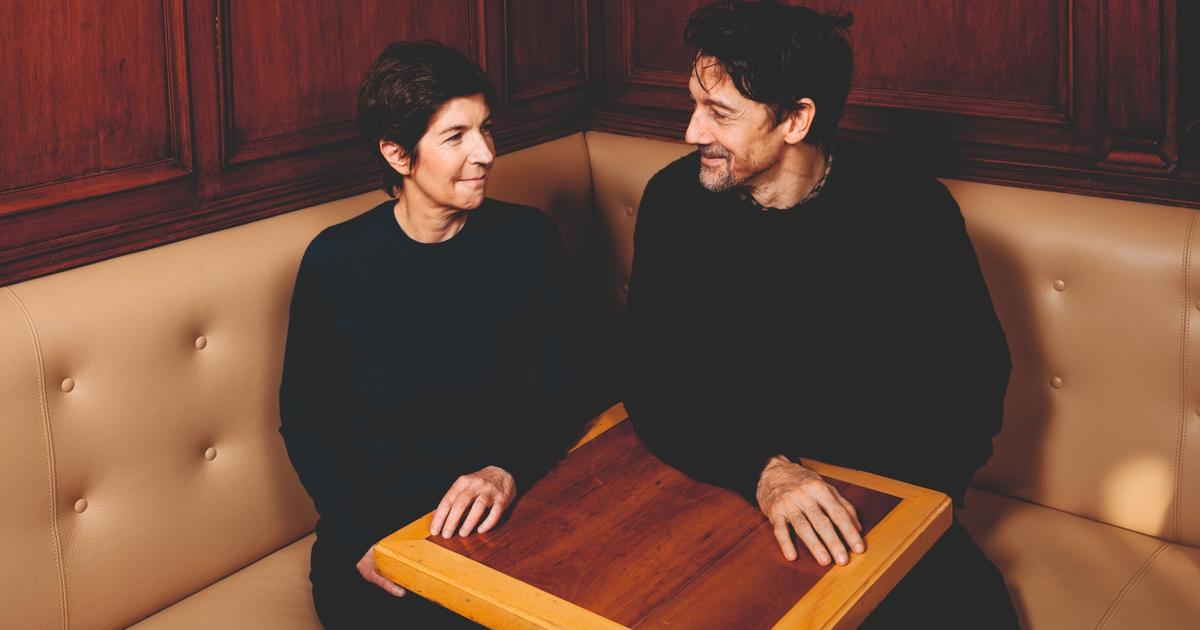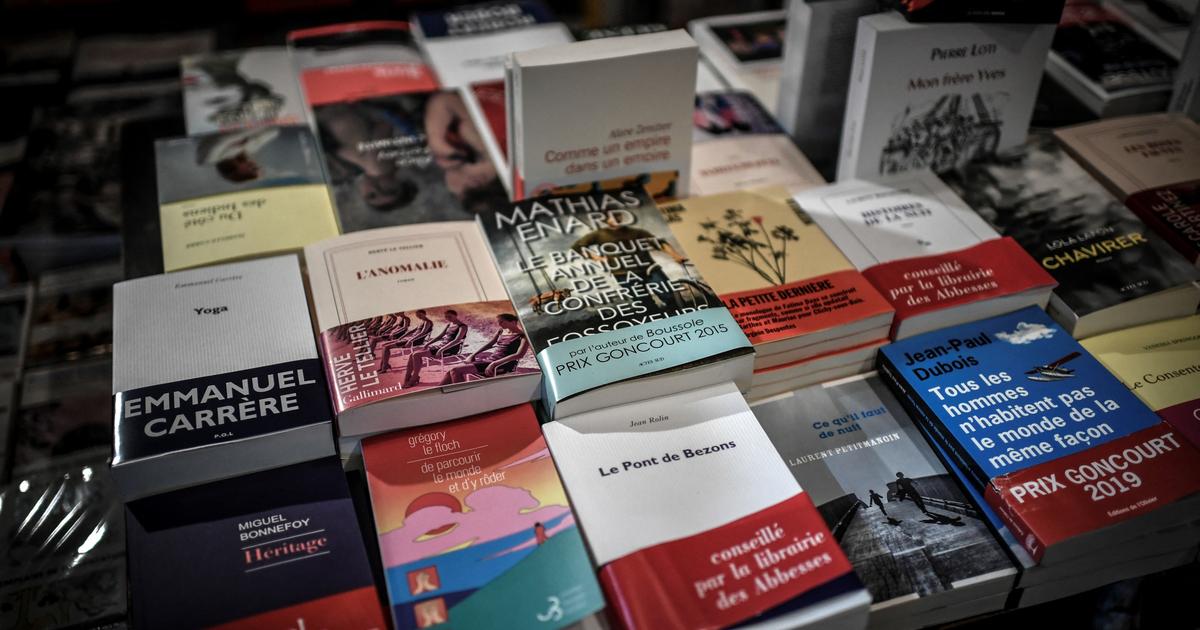Ana Clara Perez Cotten
08/09/2021 8:01 AM
Clarín.com
Culture
Updated 08/09/2021 8:01 AM
In a pile of the night table as if they were guarding our dream, accumulated on a reserved shelf in the
library
waiting for their turn or camouflaged among the others,
the books that we
do
not read
accompany us between expectation, anxiety or security and they define, also from the lack of concreteness, the imprint of a reader.
The Japanese were the first to put it into words: they call
someone
who buys books
"
Tsundoku
" and, due to lack of time, out of fetish for the object or simple postponement, they pile them up.
Where does this word come from?
"
Doku
" can be used as a verb that means "to
read
."
And "
Tsun
" comes from "Tsumu", which is "
stack
".
View this post on Instagram
A post shared by Ella SY (@sytronella)
Is it another of the typical accumulation mechanisms of capitalism?
Do they function as a safeguard?
Did the Kindle bring a different stock?
What does "the unread" say of a reader?
The writers Paula Vázquez and Paula Puebla, the director of the Guest Foundation Leandro Cahn, the creator of the Pez Banana reading club Florencia Ure, the political scientist Mario Riorda and the editor of Siglo XXI Raquel San Martín share a
passion for reading
but confess whims and varied strategies before the texts that await them.
"I always have piles of
accumulated books
. Both on paper and on the Kindle I have pending reading," says Paula Vázquez, author of
Las estrellas
and
La luck de las mujeres
and one of the owners of "Lata peinada", the literature library Latin American based in Barcelona and Madrid.
View this post on Instagram
A post shared by Florencia Ure (@florure)
The formats seem to generate a different link with "the unread": "
I use the
Kindle
only at night, in bed,
because it prevents me from turning on a light
. There I have a more anxious, administrative-professional reading. I went to look. On paper it is different. The pile does not give me anxiety and in fact I usually read several at the same time: some novel, short stories, essay or poetry and I am mixing.
For the writer, books
await "the moment"
but that approach does not involve any pattern. "Sometimes I buy something and I have a
lot of
time on the stack of pending and others, which start at the cafe Seller
not follow the order of the last ones I bought.
It's absolutely whimsical. "
Juan Forn's day
The writer and editor
Juan Forn
also believed in this kind of chance meeting, at the right time. In
I will remember for you
, his latest book, he recounts how that instance led him to create the mythical back covers when he settled near the sea: "My obligations were reduced to looking at the shelves in my library.
Three out of five books in that library The library had them unread
when I arrived in Gesell. The vice of every voracious reader: to buy books to have them, to read them one day. Well, the day had come. "
Methodical, the writer Paula Puebla, author of the novel
A life in the present
and the book of essays
Maldita tu eres
, shares on Twitter the list of what she actually reads.
The last one, issue 59 from 2021, is You
have to get to the houses
, by Ezequiel Pérez.
"I made the list to see how many I read and because I also have a very bad memory with certain information such as titles. And I shared it because it seemed to me that it might interest others, to activate the conversation about those readings," he explains.
"I am a
promiscuous reader
- he defines himself -. I read four at a time. Some wait for me at the night table and, when the situation gets out of control, I pass them to a temporary corner in the library," he says.
What the pandemic took away
Political scientist and executive director of the Guest Foundation
Leandro Cahn likes to read novels on Kindle
.
"The pandemic made it very difficult for me to move forward because I don't have time. Before, travel and vacations were the instances I used to attack the unread," he recalls.
He also recognizes that he makes use
of the accumulation of his wife
, "a great reader who gathers together."
And she accepts that sharing the piles of earrings has risks: "We have different tastes. I loved
Nathan Hill's
El Nix
and she didn't even want to start it."
Leandro Cahn.
Reader on Kindle
"I have
more books than I can read
", confesses, with true resignation from tsundoku,
Florencia Ure
, who after working for many years in publishing houses, founded "Pez Banana" together with the writer Santiago Llach, a reading club for subscription.
She knows, however, that the method can beat resignation: "I have always had a shelf for earrings and I never completely destroy it. On vacation, I move on. And every time I finish with work readings, I know that in that shelf something good awaits me ".
The library of Mario Riorda, political scientist, political communication activist and president of the Latin American Association of Researchers in Electoral Campaigns, is impressive: books line the walls of the study that he set up in his home in Córdoba.
"More than a pile of unread, I have hundreds, thousands.
They are mixed because the organization is more or less thematic and they move when I rearrange the library. Suddenly, when I write a book there are
more than a hundred on the table
surrounding my computer or thirty next to the bed, "says Riorda about the dynamics that are generated between what is read, what is not read and what he writes.
In his novel
The Library of Rejected Books
(2017), the French writer
David Foenkinos
tells the story of a librarian who receives and protects in a library in the town of Crozon the manuscripts that have been
rejected by the publishers
.
On vacation, an editor and her writer husband visit the library of rejected books - condemned to be "unread" - and find a best-selling work,
The Last Hours of a Love Story
, a novel written by a certain Henri Pick, who died two years earlier.
The fortuitousness of the discovery and of that unforeseen reading motorize the rest of the novel.
Those who wait
Perhaps because she knows closely how a book is born and is constantly exposed to the potentiality of the object,
Raquel San Martín
, editor in Siglo XXI, journalist and poet in training, locates those that she did not read in a specific place in the library and accommodates them lying down and not standing.
Summer.
The great time for lagging readings.
EFE / JJ Guillén
"A pile is formed that every so often I look, go through, disassemble and reassemble,
putting up the one that at that moment I think will be the next
. I do not feel it as a to-do list but rather as a promise; they do not generate anxiety in me , but expectation and, I confess, a certain tranquility. They are waiting for me, "he says and accepts that the first thing he accumulates are the recommendations he values.
He also has "wish lists" in bookstores where he usually buys online, but also in his head, on papers where he writes down the ones he would like to have soon.
"Books open the door to other books", defines about this almost infinite mechanics that guides reading.
What does "the unread" say about a reader?
What is at stake in that chain of decisions that leads to opening one and not the other?
"It is obvious that not all of them will be read and some will not even be known, but they have the potential to be discovered and to surprise me", assumes Riorda about the bond that he establishes with that part of the library and believes that more than anxiety, they give him security.
From her role as a bookseller in Lata Peinada, Vázquez was able to see and interpret various
tsundokus
.
Many times they buy books that are not going to be read or at least not immediately and they believe that it may be linked to a certain mandate of canonical readings, foundation-readings or
the urgency of news
.
Among these hypotheses, he also rescues the possibility of a certain
fetish
being played
: "The book is a perfect, insurmountable object, like the wheel. And having it in your wallet, running your fingers over the cover, smelling it, generates a certain bond, of intimacy, even love. Before or after reading. "
Telam
PK
Look also
What does the exact copy of Gutenberg's Bible look like and how much does it cost?
The first federal bookstore specializing in children's literature opens









